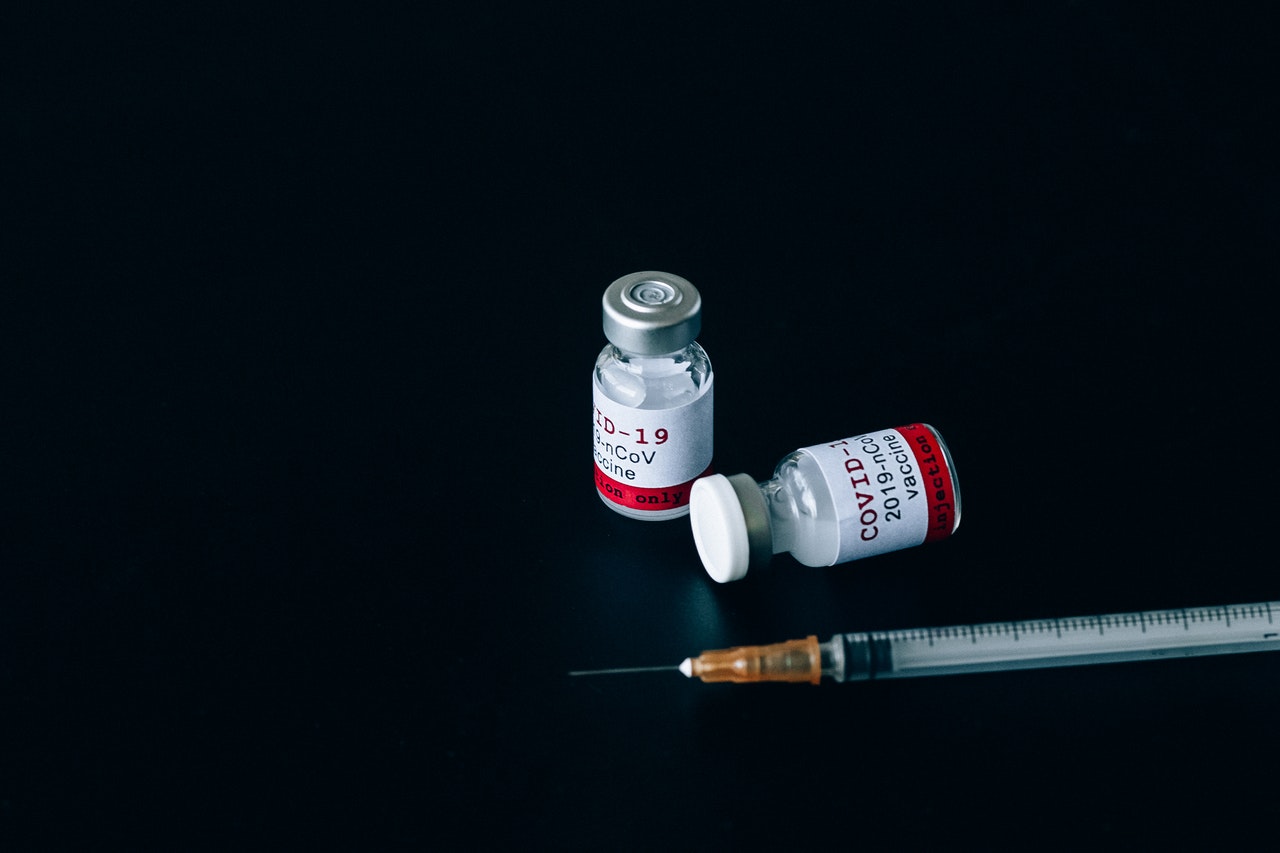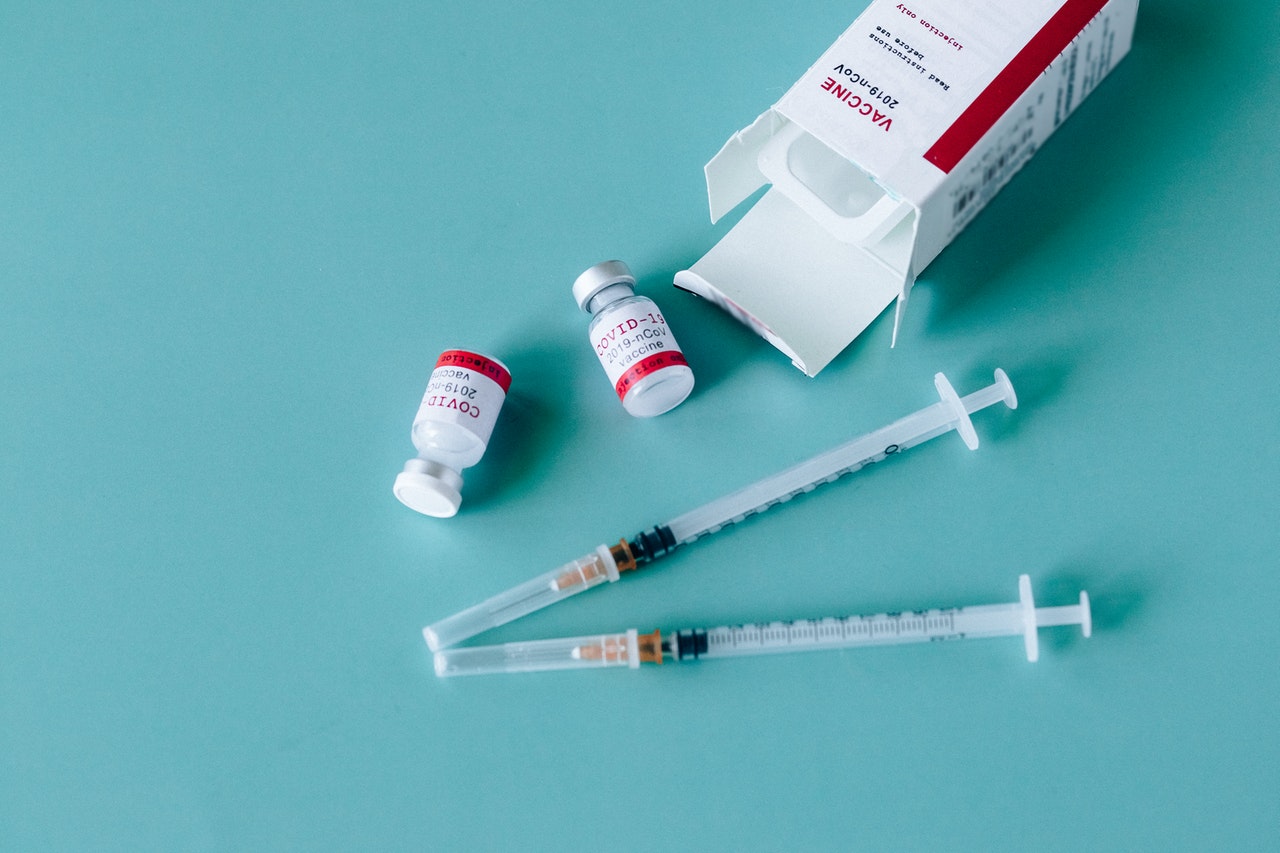What is Salting? Explanation, Usage, and Other Slang Terms
For KLovers who want to know more about what salting means, here is an explanation of the meaning of salting, along with its usage and other slang terms.

Kapanlagi.com - In this Covid-19 pandemic era, vaccines have become something very popular. Yes, vaccines are needed to strengthen our immune system. However, do KLovers know what vaccines mean? Yes, vaccines are biological preparations used to produce adaptive immunity against certain infectious diseases.
Therefore, it is not surprising that vaccines are very much needed during this pandemic. For KLovers who want to know more about the meaning of vaccines, you can read this article. In addition to the meaning of vaccines, types, and also the side effects we experience during vaccination.
Therefore, according to various sources, here is an explanation of the meaning of vaccines along with the types of vaccines, conditions for vaccination, and the side effects of vaccines.

Illustration (credit: Pexels)
As explained above, the meaning of vaccines is biological preparations used to produce adaptive immunity against certain infectious diseases. Therefore, vaccines are needed to make our bodies more resistant to a disease.
Usually, vaccines contain agents or substances that resemble the microorganisms that cause the disease and are often made from weakened or killed microorganisms, their toxins, or one of their surface proteins.
The administration of vaccines is called vaccination, which is one form of immunization. Vaccination is the most effective method for preventing infectious diseases. Usually, vaccines that are mandatory for the body are, smallpox, polio, measles, and tetanus vaccines.

Illustration (credit: Pexels)
Well, in addition to knowing the meaning of vaccines, KLovers can also learn about the types of vaccines. Yes, there are various types of vaccines based on their contents. As quoted from alodokter.com, here are the types of vaccines that KLovers can know and understand.
1. Inactivated Vaccine
An inactivated vaccine, also called a non-live vaccine, is a type of vaccine that contains viruses or bacteria that have been killed by heat, radiation, or chemicals. This process keeps the virus or germ intact, but it cannot reproduce and cause disease in the body.
2. Live Attenuated Vaccine
Unlike inactivated vaccines, the viruses or bacteria contained in live attenuated vaccines are not killed, but weakened. These viruses or bacteria will not cause disease, but can multiply and stimulate the body to react to the immune system. Live attenuated vaccines can provide stronger immunity and lifelong protection even if given only once or twice.
3. Toxoid Vaccine
The toxoid vaccine functions to counteract the toxic effects of the bacteria. This vaccine is made from bacterial toxins that have been specially processed to be harmless to the body, but still capable of stimulating the body to form immunity against the toxin produced by the bacteria.
4. Vector Virus Vaccine
This type of vaccine also contains proteins from the genetic material of the virus, but the protein is attached to another virus body. This virus is not harmful to the body. Its presence is only as a carrier protein and stimulant of the immune system.
5. Subunit Vaccine
The subunit vaccine uses specific parts of bacteria or viruses, such as substances from its outer layer. After the body recognizes these parts, the immune system will create antibodies that will fight bacterial or viral infections in the future.
6. mRNA Vaccine
The mRNA vaccine, or messenger ribonucleic acid, is a type of vaccine that contains proteins from the genetic material of the virus to trigger an immune response.

Illustration (credit: Pexels)
Well, it turns out KLovers also need to see what conditions must be met to get vaccinated. Yes, vaccines are given to protect the body from various infectious diseases that may be fatal. And here are some conditions for people who are required and eligible to get vaccinated.
1. Infants
2. Children
3. Seniors over 65 years old.
4. Suffering from chronic diseases such as asthma, diabetes, and heart disease.
5. Pregnant or breastfeeding.
6. Having a weak immune system, such as due to chemotherapy, a history of organ transplant surgery, or HIV infection.
7. Working in a high-risk place for infection, such as a hospital or clinical laboratory.
8. Have not received previous mandatory immunizations.

Illustration (credit: Pexels)
There are some side effects after receiving a vaccine. For those of you who have received the Covid-19 vaccine, you must have felt the side effects on your body. Usually, people who have been vaccinated will experience side effects such as nausea, dizziness, and vomiting.
This happens because the body responds as if there is an infection. And this is a normal thing, KLovers. This means that the vaccine is successful because the body responds to the vaccine that comes into your body.
That is the explanation of the meaning of vaccines that KLovers can know and understand. Along with the types of vaccines, the conditions for vaccination, and the side effects of vaccines.
(kpl/dhm)
Cobain For You Page (FYP) Yang kamu suka ada di sini,
lihat isinya
For KLovers who want to know more about what salting means, here is an explanation of the meaning of salting, along with its usage and other slang terms.
Are you a Simpati Loop user, interested in activating a call package? If so, just read on to learn how to create a Simpati Loop call package.
Among the various titles of winter anime, there are some that are popular as the best anime of their time. Like the recommendation of winter anime 2017 which is still quite popular until now. Check it out here, KLovers.
The meaning of dreaming about a friend getting married has many interpretations. There are good and bad signs in the interpretation of dreaming about a friend getting married. Check it out here KLovers.
For those of you who may not know the meaning of delays, the causes, and the compensation that airlines must provide, there's no need to worry anymore. There is information that covers these things for you to learn about in the explanation below.
It's not just about looks, handsome male anime characters are often accompanied by cool personalities that make female viewers fall in love instantly. That's why recommendations for handsome anime guys can be a suitable entertainment for those of you who need it.
NPWP is issued and managed by a government institution, named the Directorate General of Taxes (DJP). However, to obtain it, you no longer need to bother visiting the Directorate General of Taxes (DJP) office. Because, you can directly make an NPWP online through your mobile phone independently.
For new XL users, it may be a little confusing. However, now you don't need to worry anymore because below is information about the easy way to package XL credit that can be followed.
The meaning of dreaming of catching birds is known to contain many fortunes that will come to the dreamer. Want to know what the meanings of dreaming of catching birds are? Check it out here, KLovers.
Here is an explanation of the meaning of glowing that KLovers can know and understand. Along with example sentences.
How do you move internal storage to Xiaomi SD card that you can easily do? Here are tips and tricks on how to move internal storage to Xiaomi SD card correctly.
Not just a term, there are also those who consider crazy rich as a lifestyle that is extravagant and likes to show off their luxury. So, what is the actual meaning of crazy rich and how did this new term become so popular?